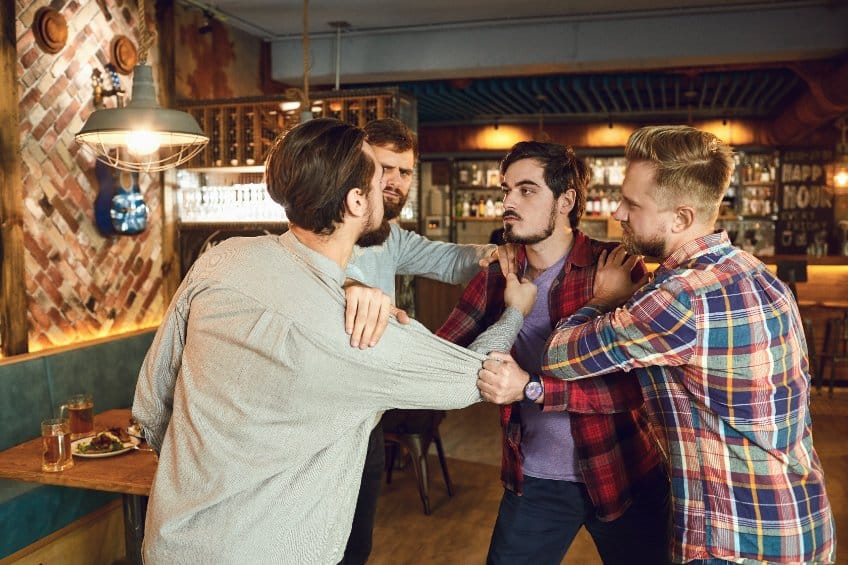By John Salak —.
Humans have tended to group up as long as there have been humans. Tribalism continues to thrive across regions, nationalities, religions, political parties and interest groups for good reasons and lots of bad ones.
People group up for companionship, protection and to share like-minded interests. Unfortunately, they also connect because it fosters their ability to harm people physically or emotionally in opposing groups. Science is now trying to determine why people in one group look to bash other groups when no immediate threat is apparent.
Researchers at Virginia Commonwealth University (VCU) think they may have discovered the answer. Aggressive actions toward other groups increase activity in the brain’s reward network. In effect, people feel better about themselves. The VCU research may not immediately help lessen conflict, but it does help deepen insights on why trouble starts, which could eventually result in solutions that help pre-empt it.
“At a time of deepening political divisions and global conflict, it is crucial for us to understand why people divide each other up into ‘us’ and ‘them’ and then show a profound willingness to harm ‘them,'” reported David Chester, an associate professor at VCU. “Our findings advance this understanding by suggesting that harming outgroup members is a relatively rewarding experience.”
The research team’s work involved having 35 male college students complete a competitive, aggressive task against either a student from their university or from what they thought was a rival university. Participants unknowingly played against a computer program, and no one was harmed.
The results showed that participants who worked against students from a rival university versus their school exhibited more activity in core regions of the brain’s reward circuit while deciding how aggressive to be. The reward circuit activity triggered more aggression toward students from other universities.
It means that harming people from outside groups was especially rewarding and associated with the experience of positive emotions, Chester explained.
“This finding helps balance the narrative about the psychological processes that underlie aggression against outgroup members, which typically emphasizes negative emotional states such as anger and fear,” Chester said. “This study showed that positive emotions may play a role in motivating intergroup aggression, which suggests many new directions for future research on this topic and informs potential interventions that seek to reduce group conflict.”
VCU’s work may lead to treatments that disrupt this reward experience tied to aggression. But a lot of additional research is needed since the focus was a mild example of inter-group aggression.
“Many groups have ancient histories of a deep hatred of one another, and our use of rival universities didn’t even come close to capturing what many truly problematic intergroup conflicts look like around the world,” Chester said. “We chose such a mild intergroup rivalry for several reasons, a major one being that invoking a deeply rooted intergroup conflict might cause our participants undue distress. But it was still surprising to see such clear results, despite the minor intergroup rivalry. I surmise that our observed effect would be even stronger in the context of intergroup conflict between two groups that deeply hate each other.”
Other factors beyond simple reward responses may also come into play. And the university’s work may help explain why competitive political parties, fan bases and religious groups, among others, so quickly resort to violence to stamp their differences.










